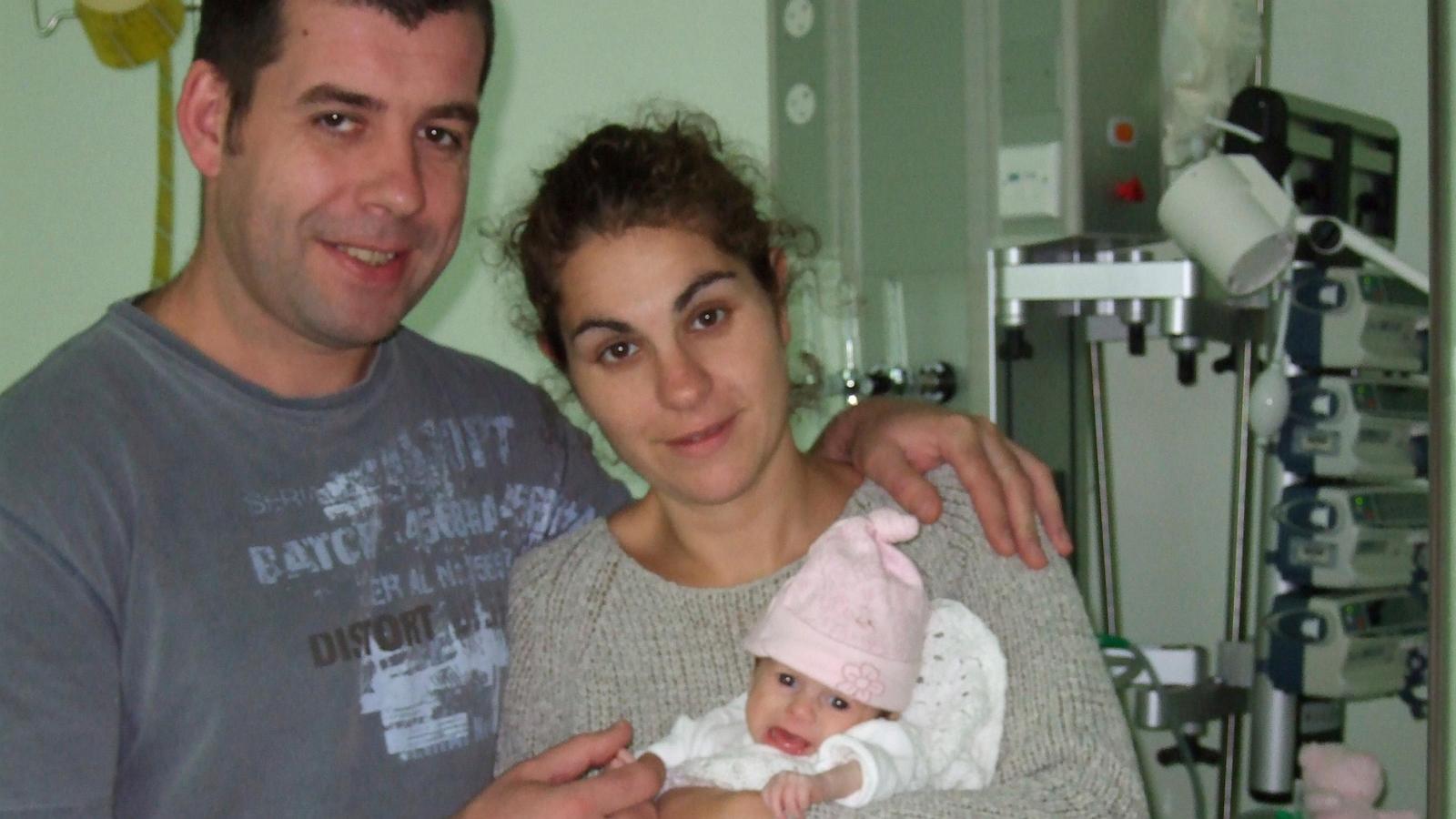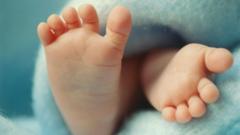See what’s trending right now
Three-parent DNA babiesin Health
4 hours agoScientists successfully use three-parent IVF to prevent genetic diseases, resulting in healthy babies born in Britain, marking a major medical breakthrough.
Health
Healthy babies born from DNA of three people to prevent inherited diseases
PositiveHealth
British doctors have successfully delivered eight healthy babies using a groundbreaking IVF technique that combines DNA from three people—the mother, father, and a female donor. This experimental method aims to prevent babies from inheriting severe genetic diseases passed down through the mother's mitochondria.
Editor’s Note: This isn't just another fertility advance—it's a game-changer for families at risk of passing on debilitating mitochondrial disorders. By tweaking the genetic "batteries" of an embryo, scientists can sidestep certain inherited conditions without altering core traits. It’s still early, but if proven safe long-term, this could rewrite the rules of reproductive medicine and give hope to thousands.
8 babies born using 3-parent IVF method to prevent fatal genetic disease
PositiveHealth
Scientists have successfully used a controversial IVF technique to help eight babies be born free of a deadly genetic disease. The method, called "three-parent IVF," combines DNA from three people—the mother, father, and an egg donor—to prevent mothers from passing on harmful mitochondrial mutations. While it’s a breakthrough for families at risk of these conditions, the procedure remains banned in many countries, including Canada and the U.S., over ethical and safety concerns.
Editor’s Note: This isn’t just about scientific progress—it’s about real families who might now avoid the heartbreak of losing a child to inherited diseases. But the legal bans show how tricky this tech is: it pushes boundaries in genetics, ethics, and regulation. The debate isn’t going away, especially as more babies are born this way elsewhere in the world.
Healthy babies born in Britain after scientists used DNA from three people to avoid genetic disease
PositiveHealth
In a groundbreaking medical achievement, eight healthy babies have been born in the UK using an experimental technique that combines DNA from three people—two parents and a donor—to prevent mothers from passing on rare genetic diseases to their children. Scientists say this could be a game-changer for families at risk of transmitting mitochondrial disorders.
Editor’s Note: This isn’t just another science headline—it’s a real-world leap forward for families who’ve faced the heartbreak of losing children to incurable genetic conditions. By tweaking how embryos are created, researchers are offering hope where there was none before. Sure, there are ethical debates (messing with DNA always sparks those), but for parents who’ve endured the pain of these diseases, it’s a lifeline. The success of these births could pave the way for wider use, reshaping how we tackle inherited illnesses.
How a third parent's DNA can prevent an inherited disease
PositiveHealth
Scientists have developed an experimental technique that acts like a genetic "patch," using donated DNA from a third person to fix faulty genes in embryos. This breakthrough could help families at risk of passing on rare, devastating illnesses to their children, offering hope where options were once limited.
Editor’s Note: Imagine being able to rewrite a tiny but critical typo in your child’s DNA to spare them from a life-altering disease. This isn’t sci-fi—it’s real progress. While still in early stages, the technique could redefine how we tackle inherited disorders, giving families a shot at healthier futures. It also sparks big ethical questions, but for now, the focus is on the potential to prevent suffering.
Babies made using three people's DNA are born free of hereditary disease
PositiveHealth
Scientists in the UK have successfully used a groundbreaking technique involving DNA from three people to create babies free of hereditary diseases. This method, designed to prevent devastating and often fatal genetic conditions passed down from parents, marks a major leap in reproductive medicine.
Editor’s Note: This isn't just about scientific achievement—it's about real families getting a chance to avoid the heartbreak of incurable genetic diseases. While ethical debates will continue, the immediate impact is clear: a potential lifeline for parents at risk of passing on severe conditions. It’s a reminder of how far medicine has come in rewriting the rules of inheritance.
Why World Pulse Now?
Global Coverage
All major sources, one page
Emotional Lens
Feel the mood behind headlines
Trending Topics
Know what’s trending, globally
Read Less, Know More
Get summaries. Save time
Stay informed, save time
Learn moreLive Stats
Articles Processed
9,426
Trending Topics
153
Sources Monitored
204
Last Updated
4 hours ago
Live data processing
How it works1-Minute Daily Briefing
Stay sharp in 60 seconds. Get concise summaries of today’s biggest stories — markets, tech, sports, and more
Why World Pulse Now?
Global Coverage
All major sources, one page
Emotional Lens
Feel the mood behind headlines
Trending Topics
Know what’s trending, globally
Read Less, Know More
Get summaries. Save time
Stay informed, save time
Learn moreLive Stats
Articles Processed
9,426
Trending Topics
153
Sources Monitored
204
Last Updated
4 hours ago
Live data processing
How it works1-Minute Daily Briefing
Stay sharp in 60 seconds. Get concise summaries of today’s biggest stories — markets, tech, sports, and more




